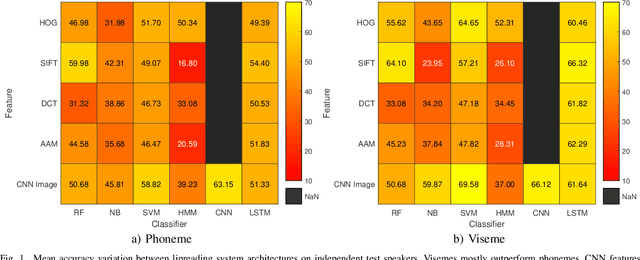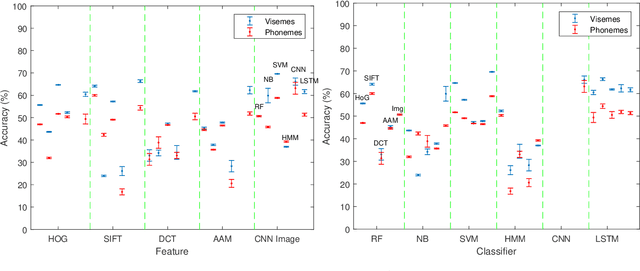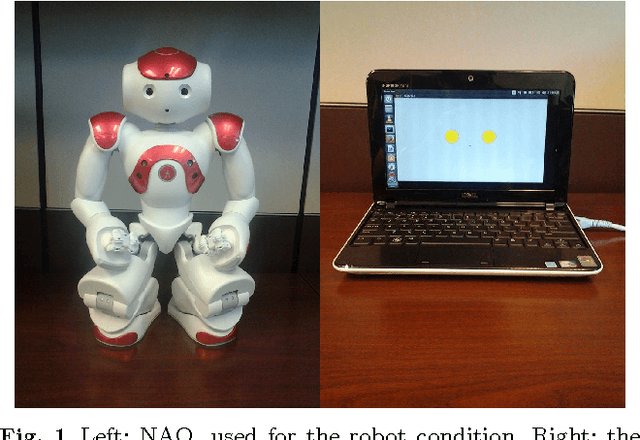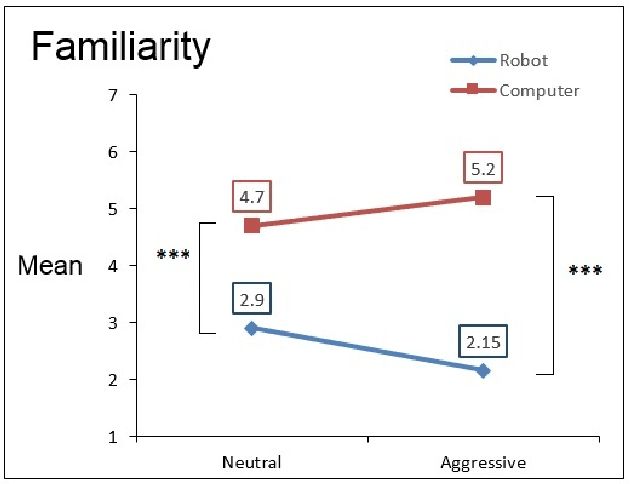David Frank
The speaker-independent lipreading play-off; a survey of lipreading machines
Oct 24, 2018


Abstract:Lipreading is a difficult gesture classification task. One problem in computer lipreading is speaker-independence. Speaker-independence means to achieve the same accuracy on test speakers not included in the training set as speakers within the training set. Current literature is limited on speaker-independent lipreading, the few independent test speaker accuracy scores are usually aggregated within dependent test speaker accuracies for an averaged performance. This leads to unclear independent results. Here we undertake a systematic survey of experiments with the TCD-TIMIT dataset using both conventional approaches and deep learning methods to provide a series of wholly speaker-independent benchmarks and show that the best speaker-independent machine scores 69.58% accuracy with CNN features and an SVM classifier. This is less than state of the art speaker-dependent lipreading machines, but greater than previously reported in independence experiments.
This robot stinks! Differences between perceived mistreatment of robot and computer partners
Nov 01, 2017



Abstract:Robots (and computers) are increasingly being used in scenarios where they interact socially with people. How people react to these agents is telling about the perceived animacy of such agents. Mistreatment of robots (or computers) by co-workers might provoke such telling reactions. The purpose of this study was to discover if people perceived mistreatment directed towards a robot any differently than toward a computer. This will provide some understanding of how people perceive robots in collaborative social settings. We conducted a between-subjects study with 80 participants. Participants worked cooperatively with either a robot or a computer which acted as the "recorder" for the group. A confederate either acted aggressively or neutrally towards the "recorder." We hypothesized that people would not socially accept mistreatment towards an agent that they felt was intelligent and similar to themselves; that participants would perceive the robot as more similar in appearance and emotional capability to themselves than a computer; and would observe more mistreatment. The final results supported our hypothesis; the participants observed mistreatment in the robot, but not the computer. Participants felt significantly more sympathetic towards the robot and also believed that it was much more emotionally capable.
 Add to Chrome
Add to Chrome Add to Firefox
Add to Firefox Add to Edge
Add to Edge